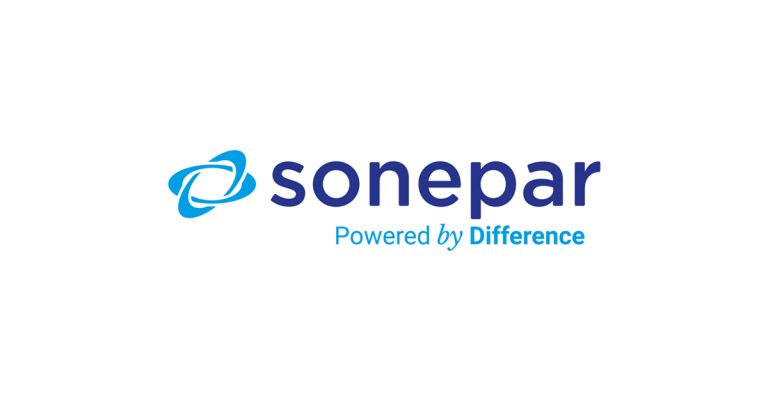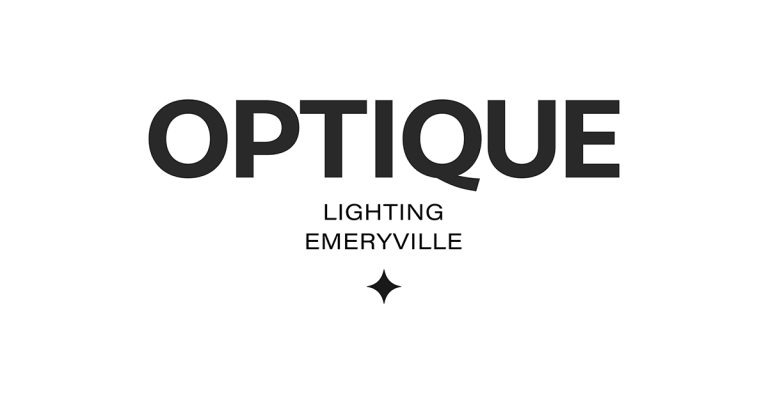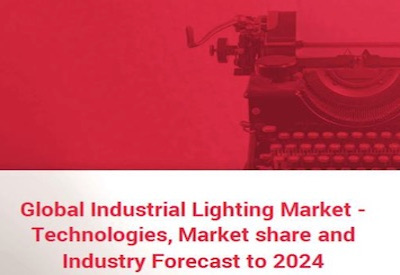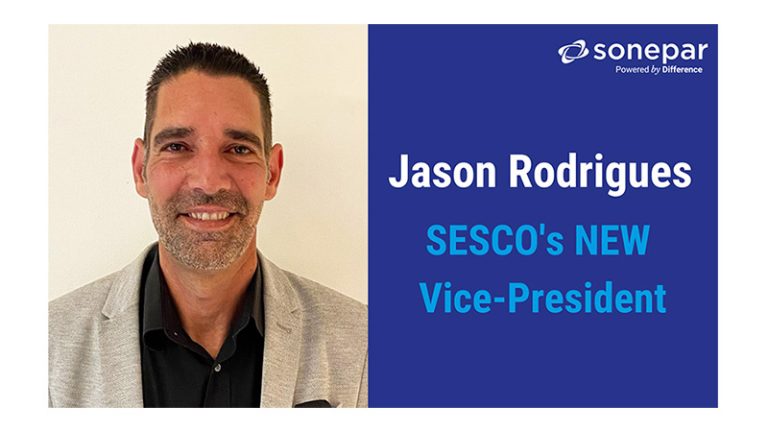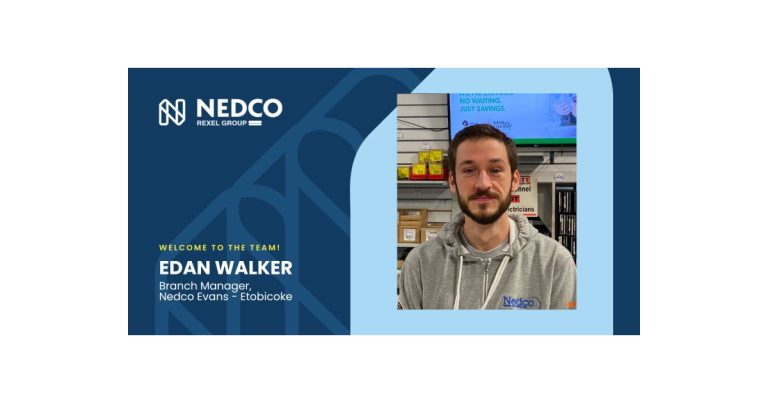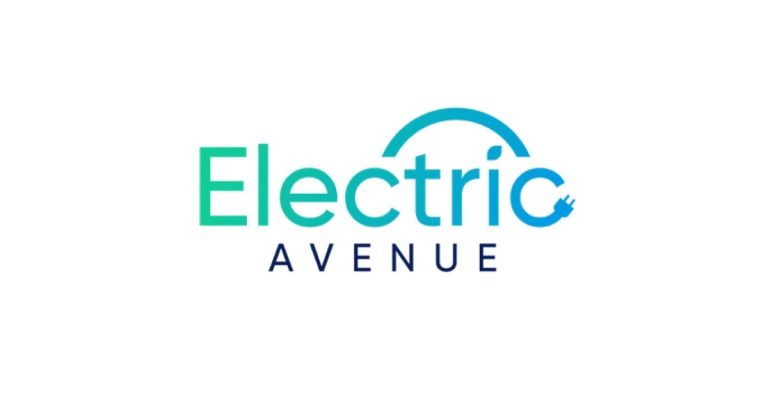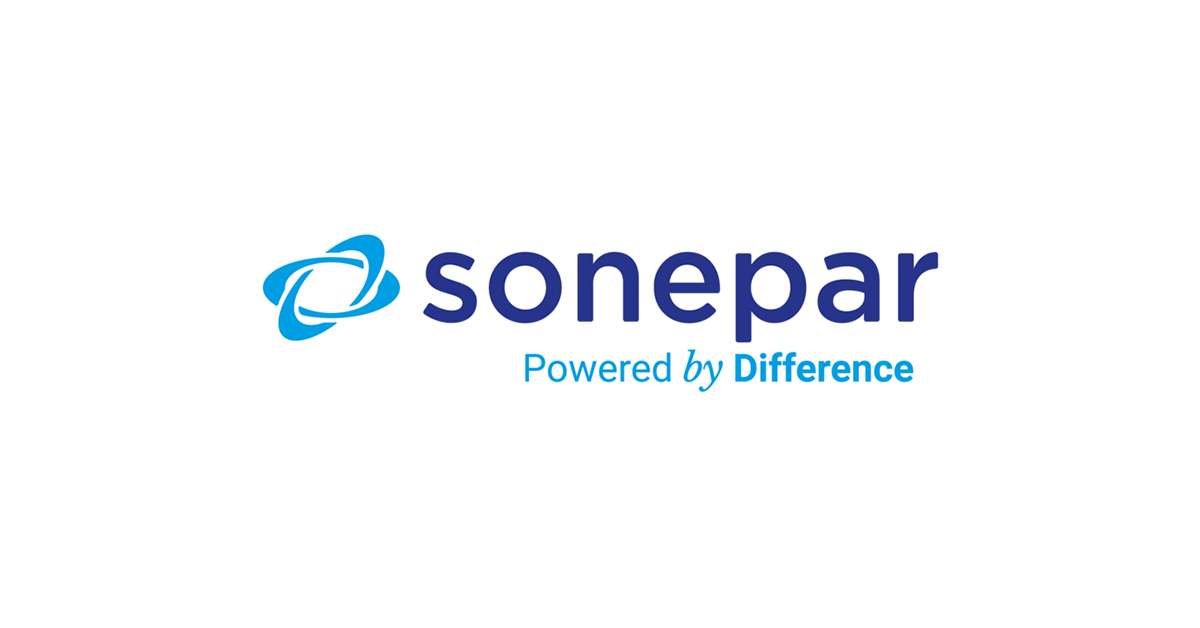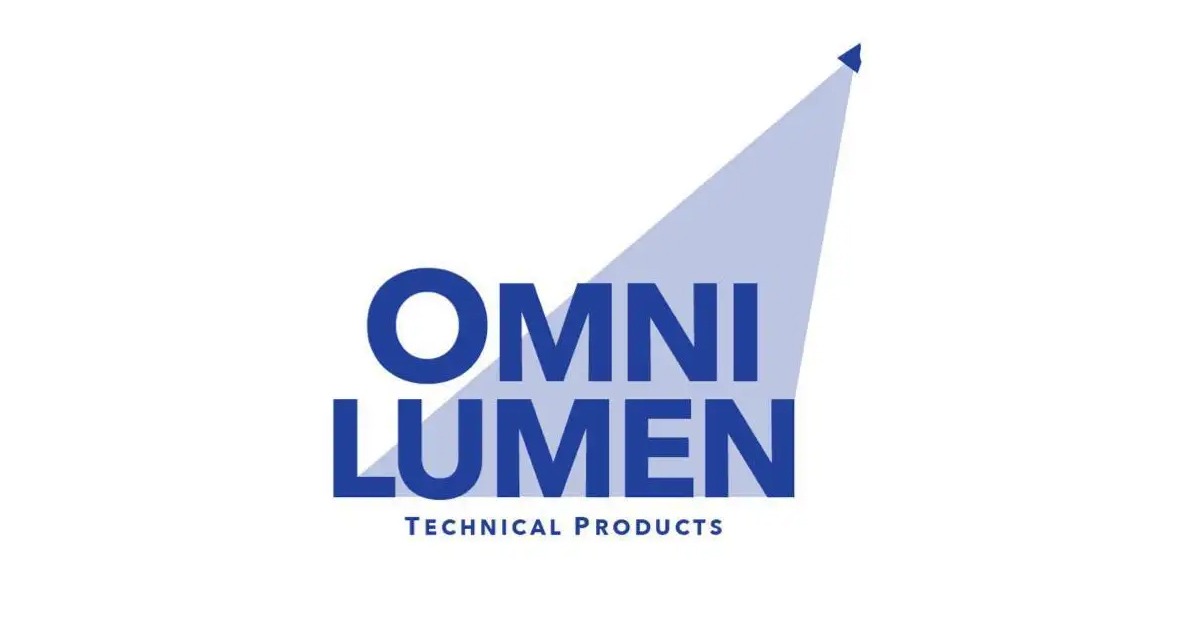Stronger Adoption of Predictive Maintenance Coming for Intelligent Buildings, CABA Reports Finds
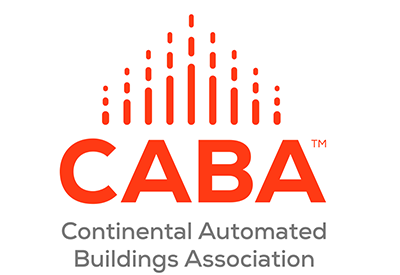
Jan 12, 2022
CABA is pleased to announce the close of its research on AI and Predictive Maintenance in Intelligent Buildings. Using stakeholder surveys, expert interviews, and detailed market analysis, this project set out to understand how use cases, customer environments, buying behaviors, and ecosystem interactions all impact and influence the development of these technologies.
Significant catalysts are currently pushing the intelligent building community towards widespread adoption. The most prominent of these are the promised return on investment stemming from the reduction in operating expenses, capital expenses, and unplanned downtime, concludes the report by Harbor Research, Inc., commissioned by CABA.
Predictive maintenance can be characterized as a suite of software and platforms tools that leverage data from control and automation systems, distributed sensor networks, and external business intelligence to predict the next system ‘event.’ The growing demand for greater visibility and control around system and machine health, in conjunction with the increasing availability of emerging technologies, has led to a consistent cycle of innovation and progress in this space.
That current technology evolution—and growing industry use cases—fuels a massive opportunity for companies across the value chain. However, for this to be realized, CABA’s report concludes, critical hurdles will have to be overcome and significant collaboration among different hardware, software, and services providers will be necessary.
Titled “AI and Predictive Maintenance in Intelligent Buildings,” this project concluded last month with Harbor Research presenting the final outcomes to the funders in a webinar presentation December 15, 2021. Timely recommendations and strategic pathways were developed for each of the key stakeholder segments — OEMs, software providers, service providers, and building owners and property managers — on how they can best position themselves in this evolving intelligent building landscape. The list of funders included: Bodvoc Ltd., Belimo, BrainBox AI, Inc., Broan NuTone, LLC, Bueno Systems, Carrier/Automated Logic Corp. (ALC), Cushman & Wakefield, Cyber Power Systems (USA) Inc., Delta Controls, A Delta Group Company, Energy Management Association, Facilio, Inc., Grundfos Holding A/S, Honeywell International, Inc., KMC Controls, Schneider Electric, Siemens Industry, Inc., Southwire Company, LLC, Steelcase Inc., Trane Technologies, and Watts Water Technologies, Inc.
“CABA was grateful to receive support for this research from such a wide cross-section of the intelligent buildings industry,” said Greg Walker, CEO of CABA. “The resulting report has good lessons for OEMs on maximizing the value of the data produced from building appliances and equipment; for software providers on the need to get a better handle on the pain points and preferences of different intelligent building types; and for building stakeholders on the development of the technology and the market offerings.”
The executive summary of this research is freely available for download. CLICK HERE. The full report has been made available to the funding organization and will become available for sale to CABA members (discounted price) and non-member companies (regular price) after a four-month embargo period.

